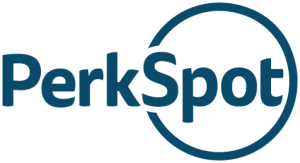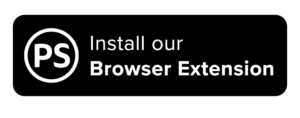
2017 marks the first year Generation Z will enter the workforce. These Centennials will bring a new culture with them, known for being more diverse, resilient and open than their Millennial counterparts.
While 37% of Centennials fear they will not find a job that fits their personality, this presents a new challenge for human resource professionals to understand this new demographic and reach them with strategic content that is relevant to them.
Here are a few things HR needs to know about this new generation of workers:
The Perk Generation
Gallup recently released a report on the State of the American Workforce. In the report they state that “the benefits and perks that employees truly care about are those that offer them greater flexibility, autonomy and the ability to lead a better life.” Millennials are more likely to change jobs due to perks, and the Centennial generation is no different. They are seeking out more independence and flexibility as the world becomes more mobile.
The Entrepreneur Generation
Along the same lines of independence, it should not surprise us that Generation Z is also more entrepreneurial. In fact, 37 percent of Generation Z said they are interested in starting their own company. This could be due to the Millennial generation paving the way with startup technology companies popping up left and right, plus an increased access to educational resources on sites like Udemy, Skillshare, and more.
The Happiness Generation
Millennials have been known to seek growth opportunities over salary. As Generation Z enters the workforce we are finding the same trend. A staggering 77 percent see job satisfaction as equal to or more important than salary. Again, this ties into perks and an overall compensation package that includes more than just the standard healthcare and retirement packages. Centennial employees want a place that makes their life a little easier.
The Mentor Generation
A surprising fact about Gen Z is that they don’t always prefer to communicate via social media and other technologies. In fact, 51 percent say they prefer in-person communications with managers as opposed to emailing or instant messaging. This also ties into their need for mentors. Generation Z doesn’t want a micro-manager breathing down their neck. They do, however, have a strong need for leadership and mentorship. They seek opportunities for growth over salary increases, craving feedback and direction from their managers. If they don’t find these opportunities, then they won’t stick around.
Generation Z and the Millennial generation may not be all that fundamentally different, but finding ways to appeal to their needs and wants will ensure your company has the competitive edge in the war for talent.



